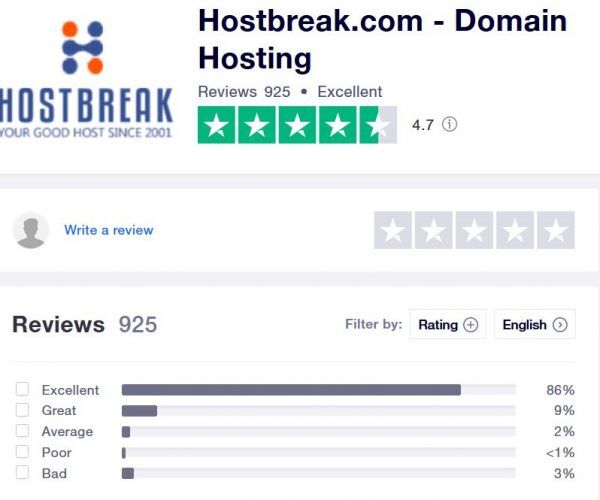In the modern world where everyone is connected using computers and the internet, the security of any business website cannot be overemphasized. With the development of different cyber threats and their constantly increasing complexity, it is highly essential to implement a reliable and secure hosting provider to enhance the safety of your valuable data and thus, the trust of the customers. Several important aspects can help to ensure the hosting security ranging from an advanced Firewall to regular security audit. Understanding these critical security features will help you decide and protect your online business existence from risks.
Data Encryption and SSL Certificates:
Data encryption is one of the core features that every business hosting provider must provide for the organization. This entails the modification of data into a certain form that only the intended receiving party can understand and this is done with the intention of denying access to the message to other people. When selecting a business hosting provider, it’s essential to prioritize data encryption and SSL certificates; for instance, hostinger web hosting offers robust security features that help ensure your website’s data remains protected and secure. Also, consider the real encryption provided by the hosting servers such as AES with a 256-bit key. Secure Sockets Layer certificates are necessary for data encryption on the way between your site and the client’s browser.
Firewall Protection and Intrusion Detection Systems:
A firewall is one of the most effective measures that can be taken to protect against cyber threats. You should go for advanced firewall protection provided from the side of the hosting provider, both in terms of the hardware and the software ones. These should be set to track activity in/out of the network and deny any suspicious or threatening data. WAFs are crucial to online application security, particularly since they can detect and prevent typical web application attacks like SQL injection and cross-site scripting. Aside from firewalls, Intrusion Detection Systems and Intrusion Prevention Systems are required to warn the computer system to potential security risks as they arise.
Regular Security Updates and Patch Management:
It is essential to ensure that the hosting environment is protected from network attack by ensuring that the system administrators install all security updates and patches regularly. Some of the threats are usually looking for weaknesses in programs with outdated versions, and that means the need to always update the programs. It is desirable to use a hosting provider that responds to current threats and protects the services, constantly applying security updates and patches.
DDoS Protection and Mitigation:
Most commonly, DDoS attacks have become rampant and could make a website become unresponsive due to overloading of traffic from multiple sources. When choosing a business hosting provider, it is vital that excellent or high DDoS protection is a standard feature. Ensure that the provider has the capability to employ various levels of defense against DDoS attacks such as traffic profiling, scrubbing and throttling. It is important to consider not only their mitigation strategies but also the security of their management interfaces, such as the hosterpk login portal, to ensure that attackers cannot gain unauthorized access to your hosting account during a DDoS attack. Sophisticated anti-DoS solutions are capable of identifying valid traffic and the undesired requests, making access to your website possible even under attack.
Backup and Disaster Recovery Solutions:
Planning a multi-layered approach of strategies to prevent such breaches is not enough; it’s equally important to nail the backup and disaster recovery plan. Seek for the one that ensures scheduled backups for your website and its database. These backups should therefore be kept in different locations that are safe and are located offsite they can always be relied upon in the event of a disaster. Hosting providers should offer daily backups and has the option to have higher frequency for important data.
One must be very cautious when choosing the business hosting provider to ensure that the security aspect is well enhanced to avail protection to the business. Security is never-ending and it is good to learn new threats prevailing in the market and good security measures to employ. From time to time, discuss the security issues with the hosting provider and ask for changes or improvements as your business expands.
